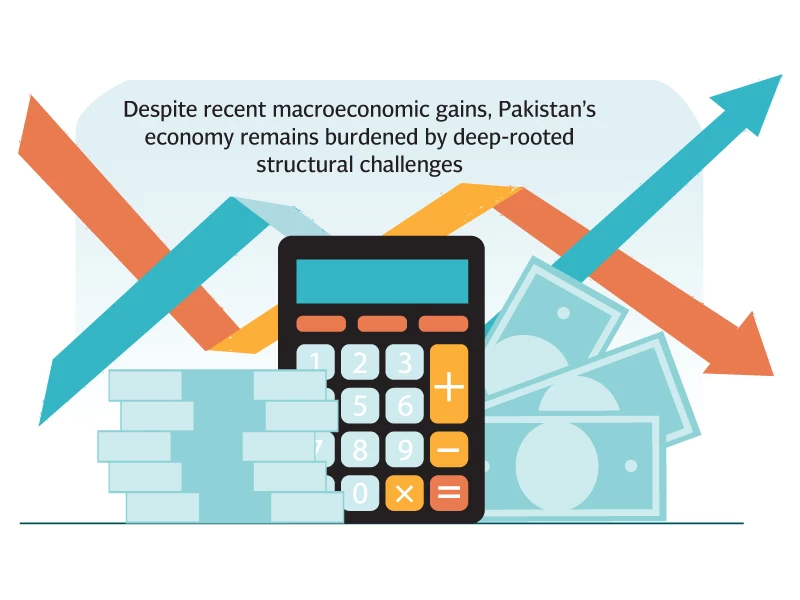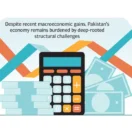Published in Dawn on August 16, 2023
PAKISTAN’S moribund power sector has become the Achilles heel of its faltering economy. The losses suffered by a frail economy in the last two decades due to power sector failures are perhaps surpassed only by the damages inflicted by terrorism. The accumulation of massive circular debt — the cash shortfall across the power sector supply chain — is a manifestation of a deep-seated crisis facing the single-most important sector upon which hangs Pakistan’s present and future economic stability and competitiveness. The incompetence of the power sector bureaucracy to tackle the structural issues plaguing this sector means that debt shot up to Rs2.31tr at the end of the last fiscal year from Rs2.25tr the previous year.
There are multiple reasons that have led to the accumulation of massive circular debt. For example, Pakistan’s reliance on expensive imported fuels for producing electricity is incredibly high, and its transition to renewables and domestic fuels very slow. Other sources of this mountain of debt involve widespread power theft, soaring distribution system losses and an inefficient electricity grid. On top of that, distribution companies are unable to collect bills. Many consumers, including government departments, do not pay their electricity bills and distribution firms cannot take punitive action against them. At some places, the law and order situation keeps power companies from collecting bills from consumers. Rather than dealing with these structural issues, successive governments have doled out trillions in power subsidies, as well as frequently increased electricity rates to slow down growth in the outstanding stock of power-sector arrears. The last government cumulatively hiked electricity prices twice by over Rs15 per unit to Rs50 a unit since July last year. This has made electricity unaffordable for consumers — industrial, commercial and residential — and hampered economic growth. Expensive electricity is the main reason our exports are no longer globally competitive. Expecting the economy to stabilise and grow without addressing power-sector inefficiencies and mounting debt would be folly.



